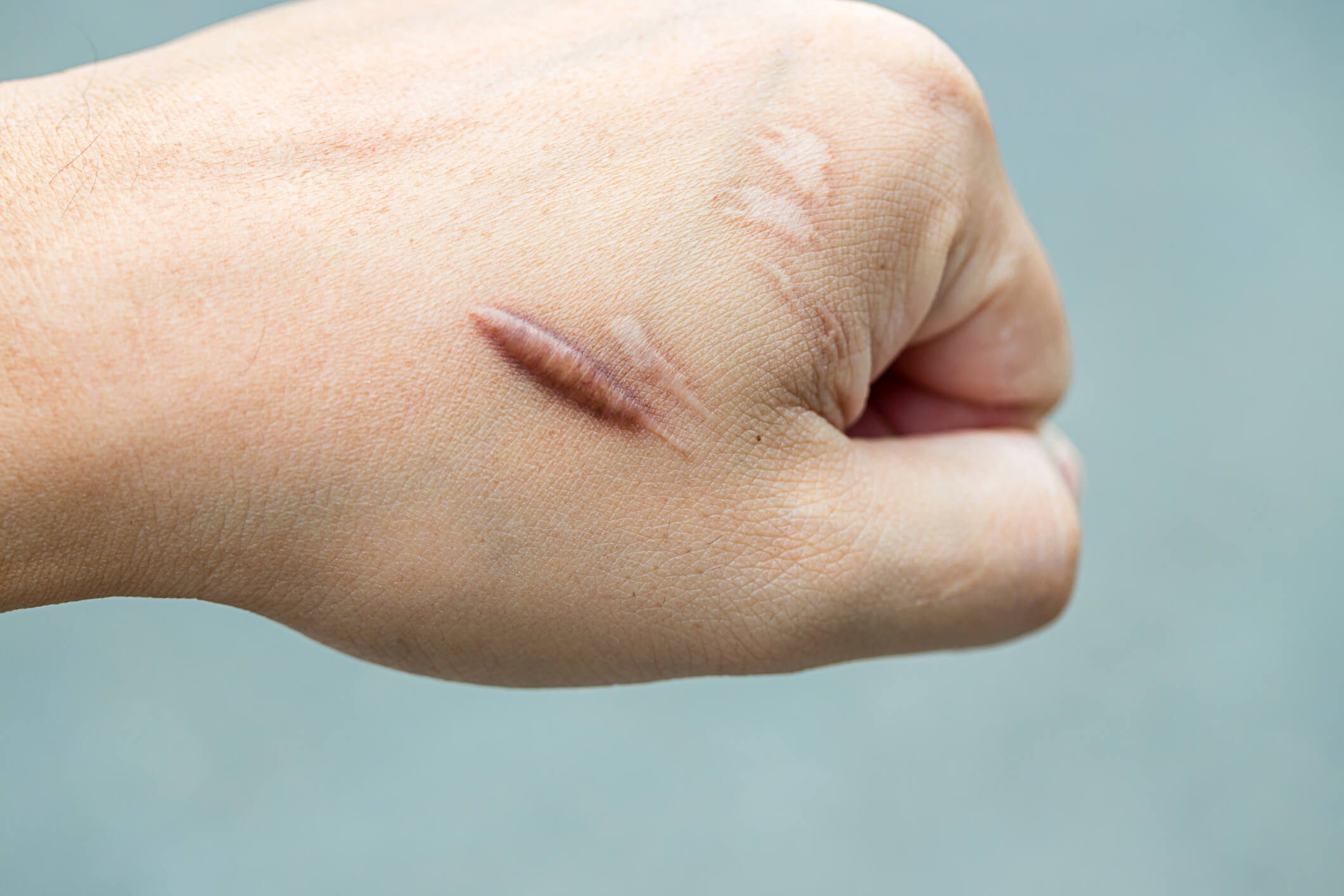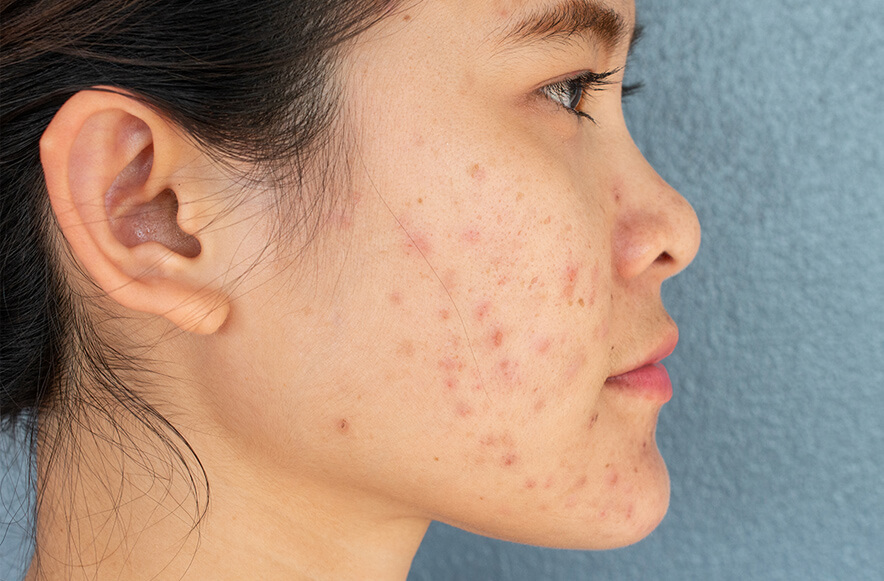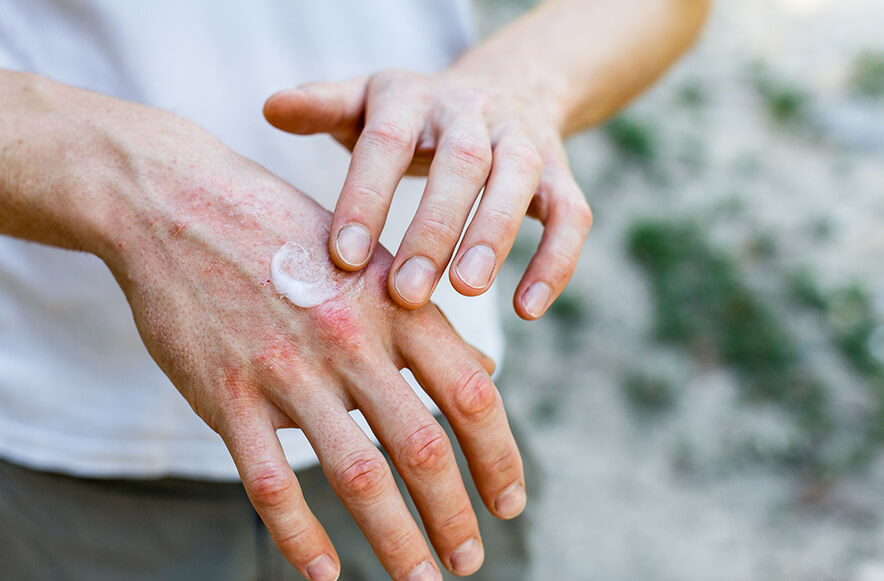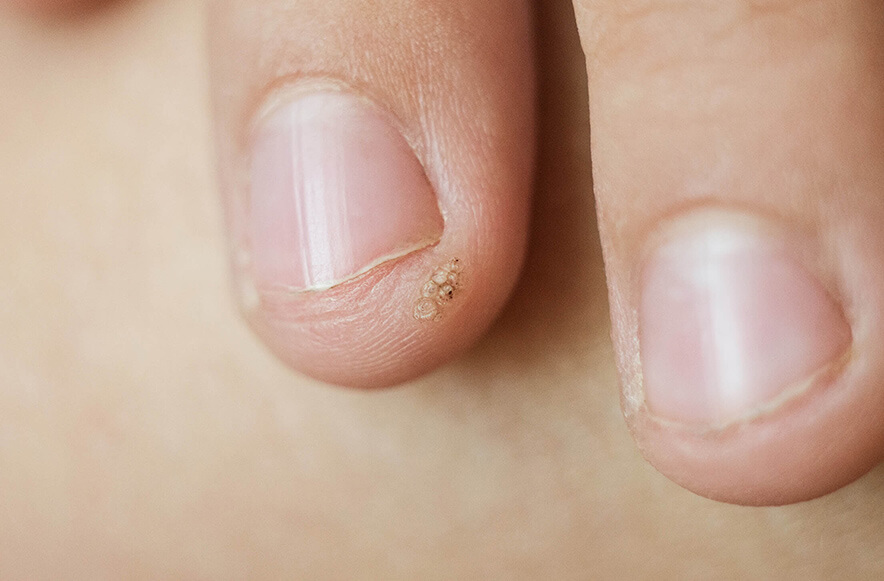What Is a Keloid Scar?
A keloid is a kind of overgrown scar that is thick and elevated. It appears when our body delivers an overly aggressive healing response to a wound.
Keloids can develop from skin injuries such as acne, ear piercings, or surgery, and are most commonly found on the earlobes, shoulders, chest and joints. For patients who are prone to keloids, they may appear in more than one location.
While keloid scars do not pose a danger to your health, they can create cosmetic concerns, and caused emotional distress especially if it forms on the jawline, exposed part of the body like chest and arms.
As they develop, keloids can become challenging to treat, thus the importance of prevention or early treatment cannot be overstated.
Signs & Symptoms of a Keloid Scar
- It appears slowly: It can take anywhere from 3 to 12 months, or even longer before you observe a keloid forming; however, most keloid lesions occur within a year after the initial skin damage.
- It has the potential to grow quickly as well: Keloids can grow quickly and, in some cases, triple in size in as little as a few months.
- Itchy, tender, or painful scars are common: These symptoms can be very disturbing for some.
- Your scar is prone to irritation: Friction, such as rubbing against clothing, can cause it to become irritated.
- It gets darker as time goes on: A keloid is a scar that starts pink, crimson, or flesh-coloured and darkens with time, eventually appearing darker than the skin around it.
Why Do Patients Seek Treatment?
As keloids do not pose a danger to your health, treatment is usually done for cosmetic concerns. However, in some cases, when a keloid scar causes discomfort or restricts movement, treatment may be beneficial (if it covers a joint or a large area, for example). If a keloid scar affects a person’s self-esteem or how they feel about their looks, they may seek treatment.
Managing Expectations On Keloid Treatments
Not knowing that keloid formation and recurrence are linked to an individual’s pre-disposed tendency, nearly all patients desire to heal their keloid/s permanently, in a short and defined period.
They envisage that the latest laser treatments available on the market today should be able to fix their problems. There is also a desire that such treatments are affordable, produce a good and anticipated cosmetic outcome.
As a dermatologist, I need to speak truthfully and candidly to the patients, making them aware that keloids cannot be wiped off from their skin and restore back to the normal state with any laser. We can help to reduce the bulk of the keloid, relieve the symptoms and colour but the process will be long and needs multiple visits to the clinic. However, the earlier they initiate the treatment, the better the outcome.
Factors To Consider In Keloid Treatment
Single Keloids vs Multiple Keloids
Most patients will only seek help after seeing more keloids forming. When there was originally only a single keloid, most patients would wait and hope that the scar would improve or go away on its own. When it did not disappear as desired and increased in size due to a lack of early intervention, only then they would start to consult with a dermatologist. This is the stage I generally see patients at with keloid scars.
As keloid scars develop, they become more difficult to treat, and the treatment outcomes may vary from person to person. It is important that patients understand this before seeking medical treatment.
Small Keloids vs Big Keloids
Initially, many keloids are small and more manageable. They tend to get bigger over time. Often, these patients have waited too long to seek treatment. At this juncture, some patients do not continue their treatment due to initial failures and poor response to treatment. These groups of patients leave their keloids to grow over time.
Recent Keloids vs Mature Keloids
Early treatment on fresh and recent keloids has a better prognosis than mature keloids and there are more options to use to optimize the outcome of treatment. Using a vascular laser to reduce and remove the blood supply to the fresh and pink keloid is a very useful option. Mature keloids respond less well to vascular laser.
The Dermatologist’s Challenge
In keloid treatment, we are battling against the patient’s own relentless and insidious scar/ collagen tissue rebuilding. It is almost always a long and tedious journey and patients need to have patience, discipline and commitment to following through with treatment.
Not All Scars Are the Same
A clinical evaluation is needed before administering treatment. Although there are standard common treatments like steroid injections, there are various options that a dermatologist can add on to enhance the efficacy and improve treatment outcomes. Treatment approaches to a soft fresh scar can be different from a rubbery matured scar. The number, size and location of keloids all have a bearing on a dermatologist’s decision making while formulating a treatment plan.
Current Treatment Approaches Require Multiple Clinic Visits With Multiple Treatments.
Patients should note that there is a risk of recurrence, and also note that mature keloids require multiple visits. Patience and commitment are the key to successful keloid scar removal.
Dermatologist’s Challenges in Moderating Patients’ Expectations
Most patients understand that the site of their keloid will not look like normal skin again, but some do not and need some enlightenment. Others are not quite sure what the eventual outcome will be like after successful treatment and if it would be worth their investment of time and finances. Hence, I need to carefully answer and clarify their doubts and questions to put them at ease while educating them as best I can.
How Much Does It Cost for Keloid Treatments?
The standard question we receive is how much will the keloid treatment cost?
A steroid injection starts from $128.40 (after 7% GST) and the above-mentioned factors will influence the cost of each treatment visit. It is also useful to note that some treatments are insurance reimbursable while some are not.
Patients need to understand that prevention and early treatment are keys. As keloids develop and form, treatment gets more challenging and will cost more.
Treatment Options for Keloid Scars
Keloid scars respond well to multiple treatments. As every keloid is different, you need to get your keloid assessed by a dermatologist. First consultation with Dr Wong starts from $160.50 (with 7% GST).
For best results, consult Dr Wong who will advise you on the optimal course of treatment for your unique case.
Usual Treatments
Steroid Injection
The scar will soften after the injection, and the unpleasant symptoms such as discomfort and itching will fade over time. Scars normally become less apparent and flatten in three to six months after multiple injections.
Cryotherapy
Cryotherapy is a treatment that uses liquid nitrogen to “deep freeze” the keloid to a temperature of -120oC to soften and reduce its size.
Vascular Laser
The vascular laser damages the blood vessels to reduce the blood supply of the keloid, impacting their growth potential and leading to their reduction.
Other Non-Standard Treatments
Fluorouracil, 5 FU Injections
These injections are utilised when there is recalcitrant keloid scar formation. This drug is usually used to slow cancer growth. In the same vein, these injections slow down the growth of keloid scar formation. This treatment is used with other treatment options.
Fractional CO2 Laser
Fractional CO2 laser utilizes a very narrow laser microbeam to remove the keloid scars’ columns of tissue deep into the layers of the skin. This will assist cream application and penetration deep into the keloid lesion. Topical cream treatment can then be used as an alternative to injection treatment.
CO2 Laser Excision
This is an alternative method of treatment compared to surgery. The CO2 Laser Excision cause minimal traumatization of the surrounding tissues while achieving the purpose of removing the bulk of keloid. It needs to be done in combination with other treatment options to optimize the outcome.
Scar Excision
This method involves surgery. Dr Wong will remove the scar surgically and re-join the normal skin. The skin will heal neatly into a less obvious scar. Best results are obtained when the scar is removed, and wound edges are brought together without tension, and followed by radiation treatment. A referral to the plastic surgeon for excisional surgery may be needed if the keloid is too big for Dr Wong to handle.
Radiation Treatment
As keloids are tumours (albeit benign ones), they are treated with superficial radiation therapy. Collagen and scar formation are susceptible to X-ray radiation, this type of treatment has been demonstrated to prevent keloids from returning.
Pain Control
Before treatment, a topical numbing cream for steroid injection may be requested to alleviate discomfort.
Conclusion
While keloid scars do not pose a danger to your health, they can create cosmetic concerns, and be distressing emotionally, especially in visible places of your body. Keloids are best treated EARLY. Multiple treatment plans can be combined to provide the best cosmetic outcome. Consult Dr Wong for an assessment and begin your treatment today.




